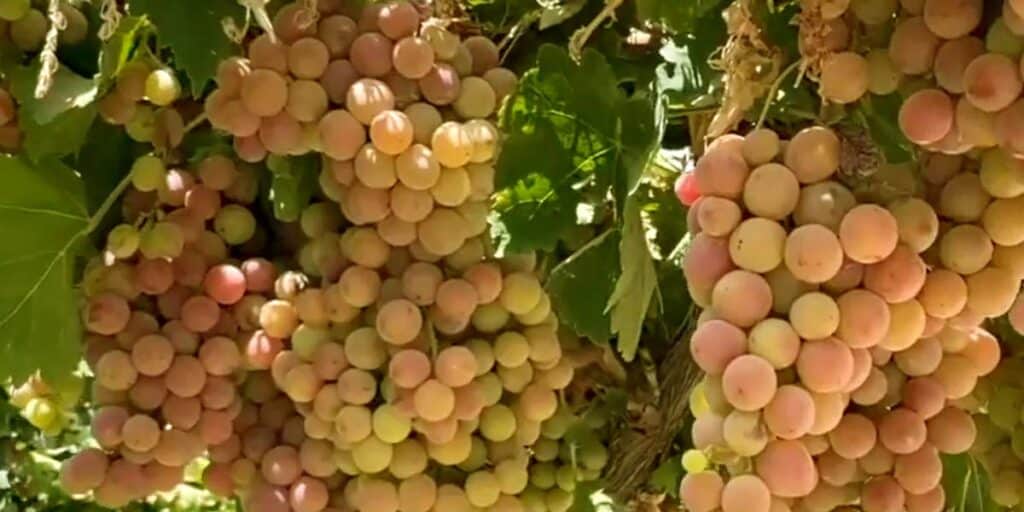PISHIN: Balochistan is grappling with severe drought as groundwater levels continue to fall and the province faces its eighth consecutive month without rain. Agriculture, the backbone of the province’s economy, has taken the hardest hit.
In response, the International Water Management Institute (IWMI), in collaboration with the European Union, has introduced modern drip irrigation technology to replace traditional farming methods. The initiative aims to conserve water and revive agriculture in one of Pakistan’s most water-stressed regions.
In Pishin district, vineyards irrigated under this system have begun to bear fruit, offering fresh hope to local farmers.
Local grower Ali Ahmed said drip irrigation prevents up to 90 percent of water wastage while significantly boosting crop yields. “This system is excellent,” he said. “It allows us to irrigate larger areas with less water compared to traditional ponds and canals. We plan to adopt it ourselves and encourage others to do the same.”
Abdul Rasheed, a researcher at IWMI, warned that groundwater levels in Pishin’s basin have dropped to alarming depths. He noted that drip irrigation delivers 90 percent efficiency, compared to only 40 to 50 percent under conventional systems. “This is the need of the hour,” he stressed. “Farmers have no alternative.”
He also advised farmers to pair drip irrigation with conservation agriculture to retain soil moisture and maximize productivity.
Also Read: Government, experts draft plan to boost Green Energy in Balochistan
Experts believe the technology not only addresses water scarcity but also offers farmers a path to financial stability, potentially breathing new life into Balochistan’s struggling agricultural sector.





